Rare Tea Farm Profile
Satemwa Tea Estate
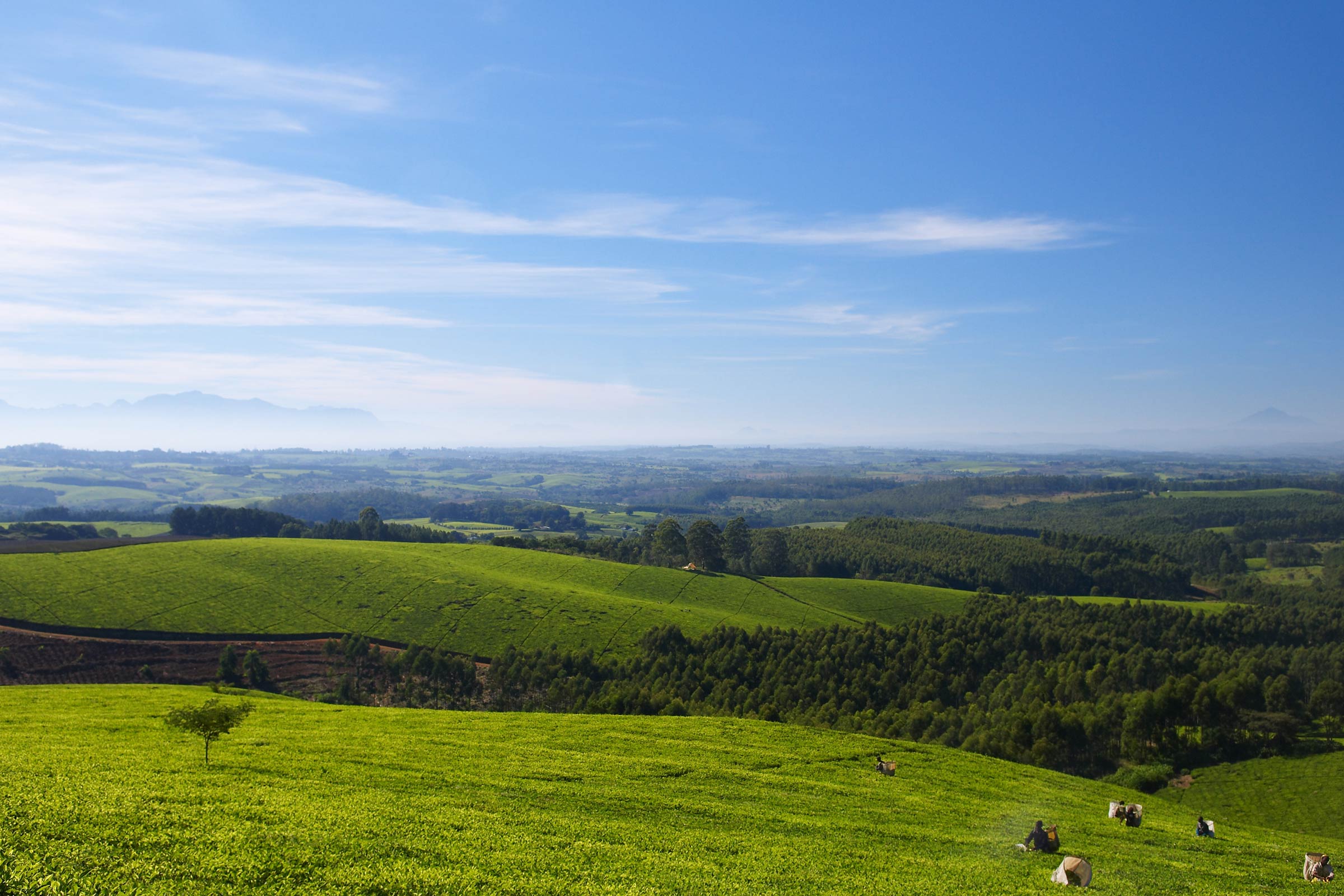
The Shire Highlands, Malawi
-
Full Name: Satemwa Tea & Coffee Estate
Country: Malawi
-
Location: Shire Highlands, Thyolo Mountains
Coordinates: 16°4'7"S 35°6'11"E
-
Closest Town: Thyolo
Altitude: 1000-1200m
-
Head Teamaker: Alex Kay / Custom
Number of Employees: approx. 800 supporting a wider community of around 10,000
Extract from Infused:
"It started as I turned over and over a parcel I'd received through the post, a small box completely covered in bright stamps and postmarked 'Malawi'. I opened it to find the box was made from a cornflakes packet. I didn't have high hopes. I assumed that African tea would be low quality and industrially processed; I knew that a lot of teabag tea came from Kenya and Malawi.
I wasn't prepared for what I was about to taste. I still remember the surprise of those first sips. It was deep but also elegant. There was something rich and familiar, the strong arms of someone who takes care of you, but on top of that such sweetness that I'd only associated with the finest China tea...
I had to go and find the man who made it..."
Henrietta first visited in 2008, and by 2009 Lost Malawi was on the shelves in Waitrose and our relationship with Satemwa has gone from strength to strength.
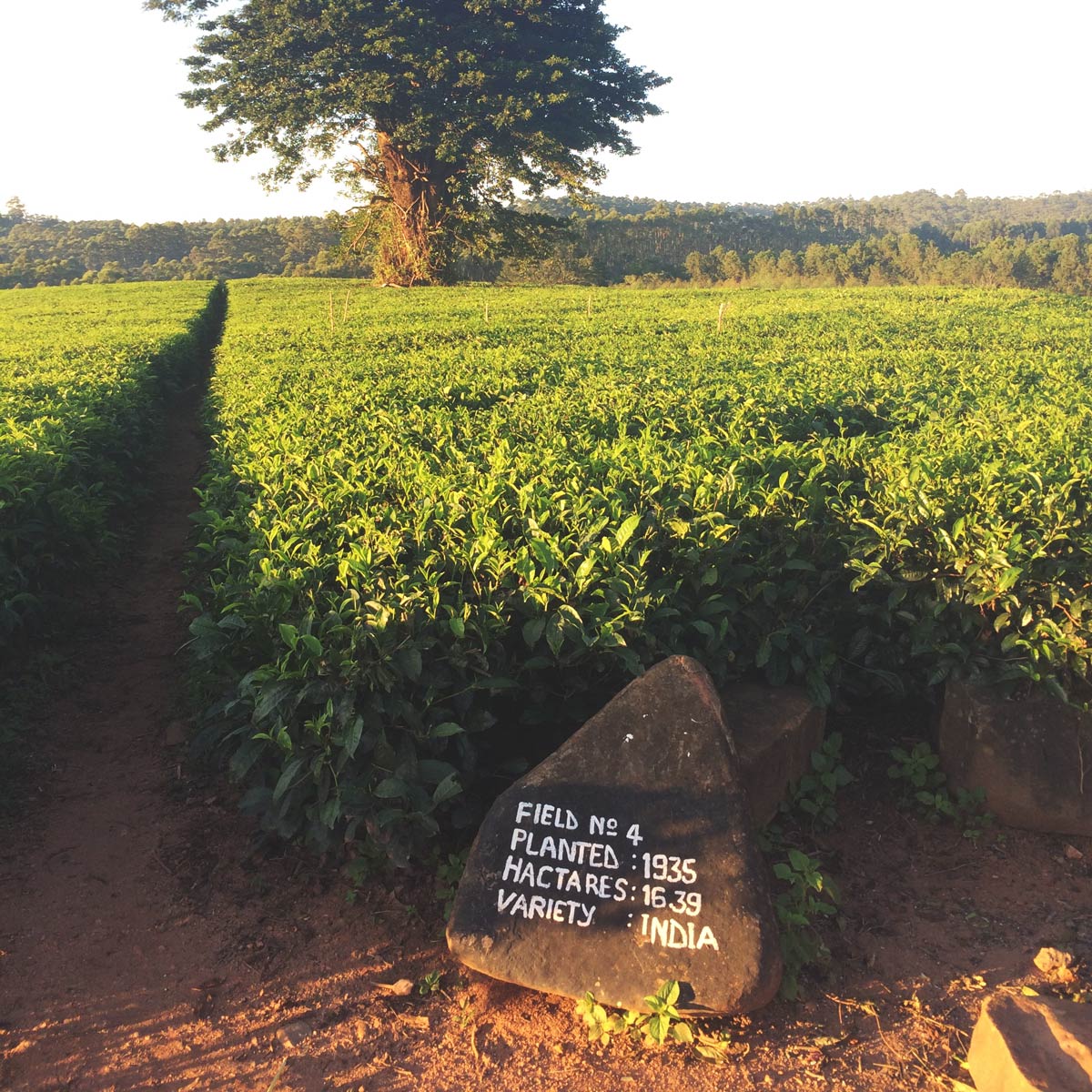
Satemwa is one of the last independent farms in Malawi – family run and not owned or managed by agribusiness.
The local Jesuit mission first brought tea bushes with them to Malawi for their garden. The plants had been taken by the missionaries from China by way of the Royal Botanic Garden in Edinburgh. This was the first tea planted in Malawi; it was the 1920s, tea had a high value, and it flourished.
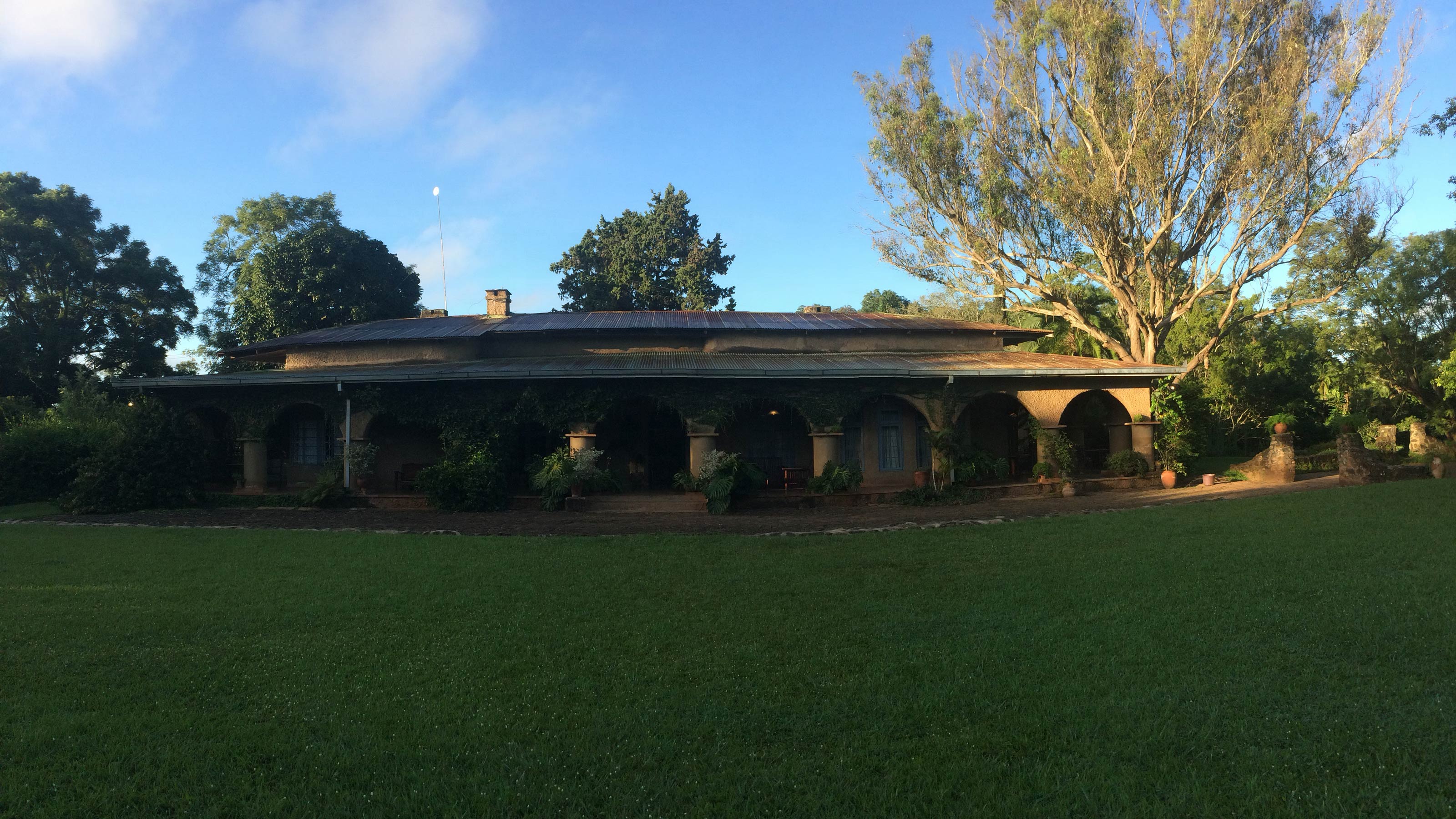
Huntingdon House
The original house has been turned into a lodge, where you can stay surrounded by tea on every side.
The farm is now run by Alex Kay and a dedicated team including Chisomos Custitomu (known as Custom) who takes care of the speciality tea, and Fadson Mandala who takes care of the people (HR manager).
-

Alex Kay
-

Chisomos "Custom" Custitomu
-

Fadson Mandala
Extract from Infused:
"Alex is Malawian; he was born in Malawi and speaks all the local dialects. His Scottish heritage is an interesting story to him, but he’s never been there. He lives in a local house on the farm. Most strikingly, he doesn’t have a superior attitude. I’ve seen a lot of paternalistic hauteur across the tea world, and not by any means just from white men in Africa or India. That attitude seems to come not so much with nationality or skin colour but with wealth and status.
Alex treats everyone with the same thoughtful respect. He’s a gentle, kind, and a truly honourable man. I don’t think he even realises that; it doesn’t occur to him to act in any other way."
Satemwa – not just a tea garden, a community.
Environmental Sustainbility
Satemwa has a wide array of diverse crops, enriching the biodiversity of the farm – tea, coffee, hibiscus, mints, lemongrass, lemon verbena, peppers and many species of trees for shade, fuel and building materials.
-

They share the seedlings with local smallholders to provide valuable income and diversification. Satemwa safely dries the harvested herbs in the tea withering beds and finds routes to market for the smallholder farmers to help their larger community thrive.
-

They ferment organic fertilizers to enrich the soil especially necessary during high drought periods exacerbated by climate change.
-

They have a large nursery project. Not just for baby tea bushes but shade trees - they give away a large number of trees to their neighbours and wider community - as well as expertise on how to care for them. Trees provide shade, biodiversity and their roots enrich soil stability and structure against flooding.
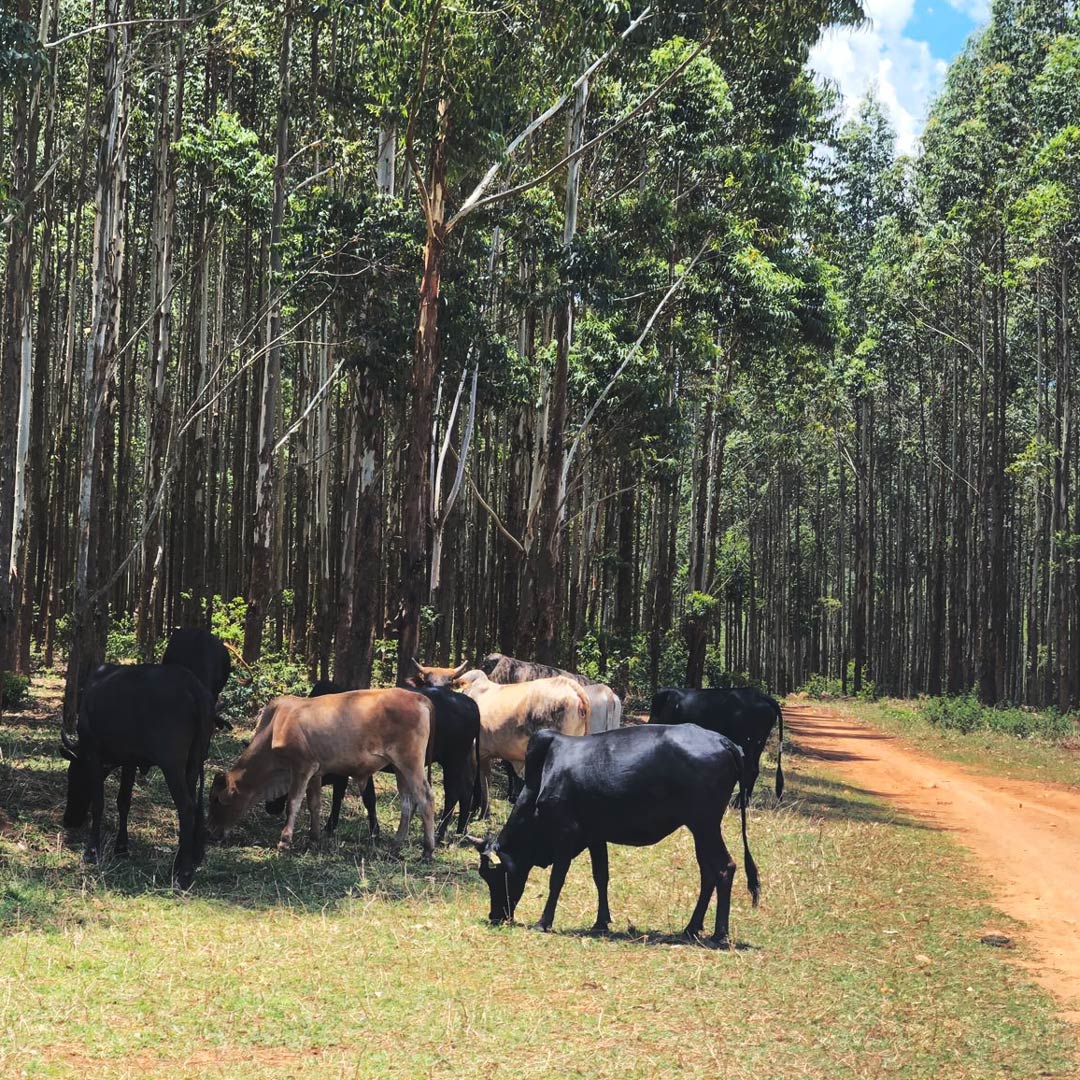
Throughout the farm there are protected areas of ancient indigenous forest. This provides migrations routes and essential habitats for many species of flora and fauna included bountiful bird life.
They have herds of cows- roaming the forest floors and the herb rich paths between the tea fields. They provide milk and food for the community and what they leave behind is used to further enrich the land.
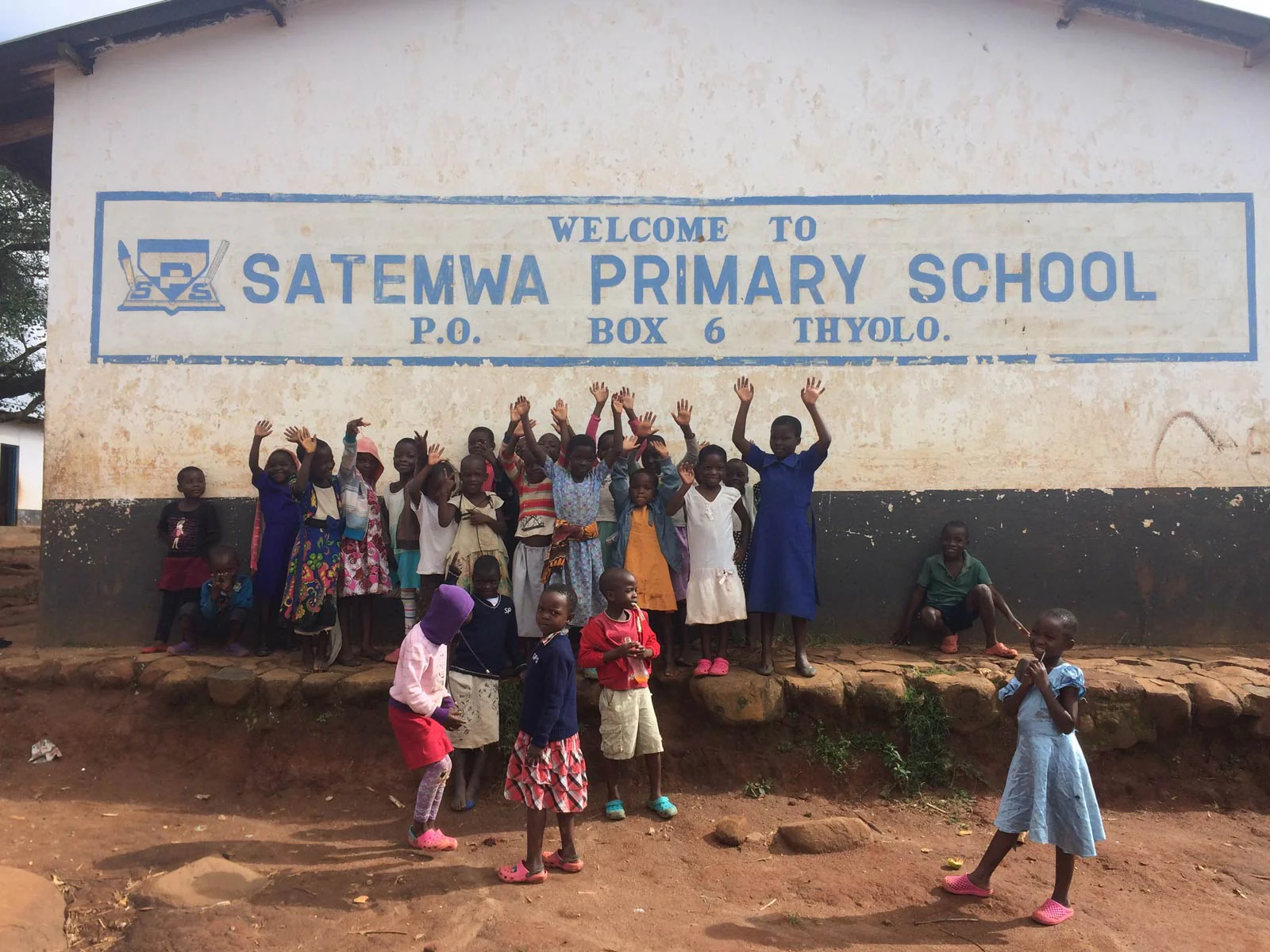
Social Sustainability
The farm provides land and builds houses - to encourage good teachers to make their homes in this remote area.
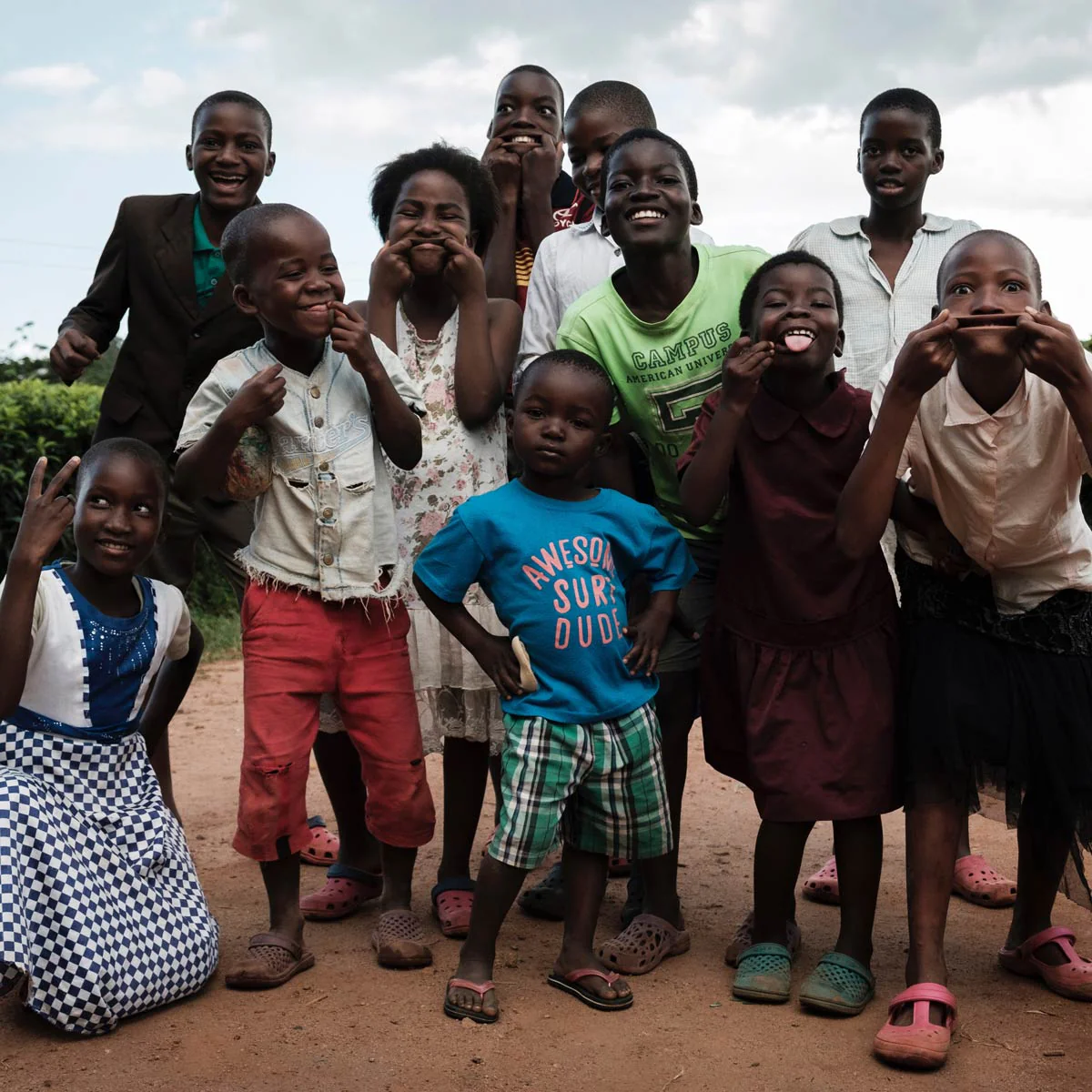
Security
Almost all the people of Satemwa are employed year round. Where many plantations rely on seasonal workers, providing no community or long term stability, Satemwa has a different approach. They are rewarded with a stable and highly skilled farm able to produce some of the very best tea in Africa.
Their emphasis is on handcrafting and skilled work rather than mechanisation. This provides more and better jobs as well as produces far better quality leaf and finished tea. Machine harvesting and processing might be produce cheaper tea but at too higher cost to the community and quality of the tea.
Economic Sustainability
We pay well for the best tea and herbs from Satemwa. The prices are set by the farm, not us.
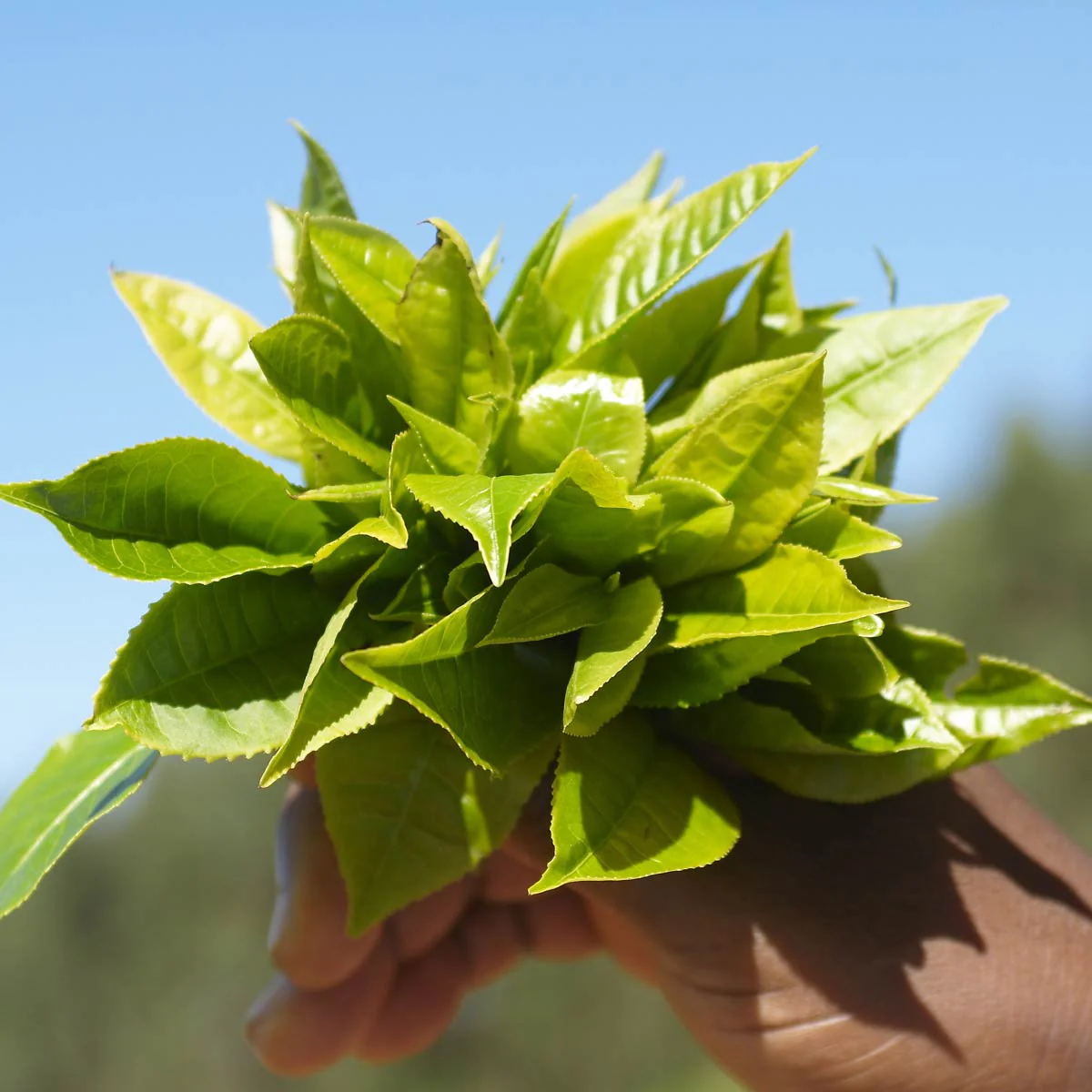
The garden is too large for us to buy all their harvests. Relatively speaking, we can only buy a small amount. We buy the best quality tea which demands more skill and more labour and a better price. It’s more valuable. We pay seven to twelve times the commodity prices.
Seven big players buy 90% of tea for Europe and North American markets and they have an oligopoly.
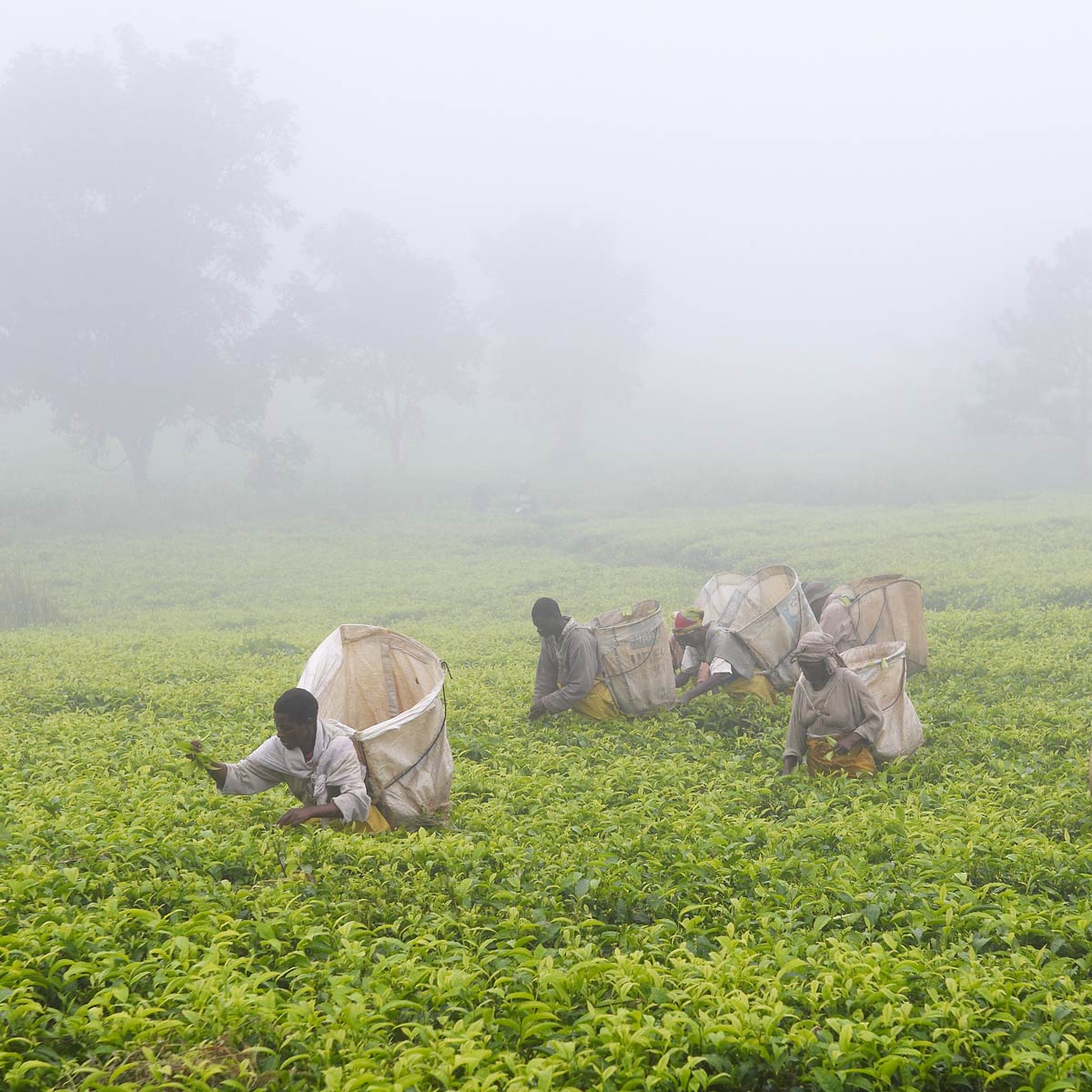
Satemwa is reliant on selling low value tea for teabags through them and a series of brokers because that’s where the biggest market is.
Because that’s what most people drink. The problem is not supply; its demand.
If we can turn the tide and get more people drinking decent tea for a decent price going direct to the farm and their community - then we might see that community really thrive.
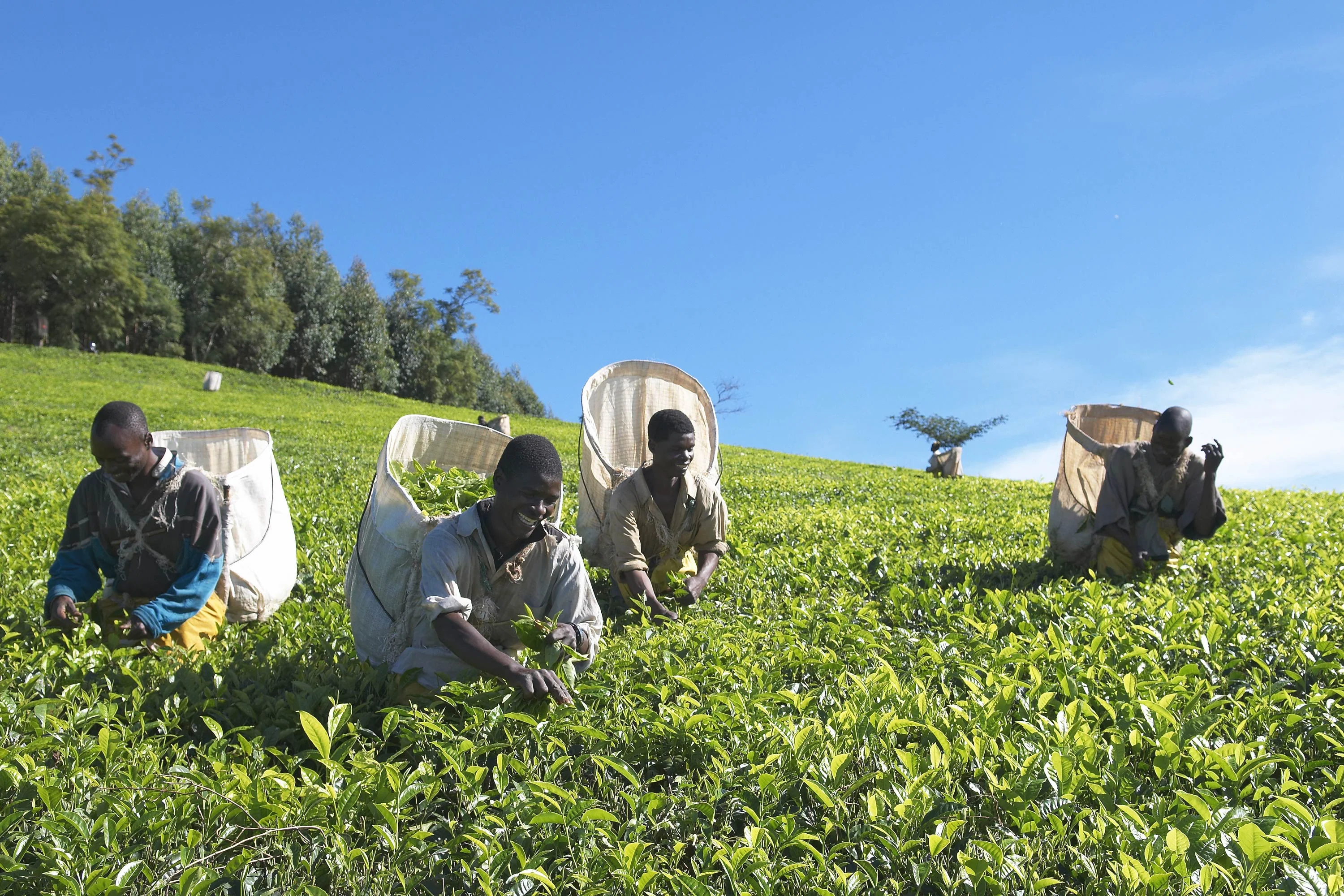
This is Alex’s dream...
This is the dream of all the farmers we work with around the world. Not philanthropy or aid. But a fair exchange. The best tea they can make for the best price. Not the cheapest tea for a price they cannot afford.
Our range of tea & herbs from Satemwa
-
Rare Earl Grey Tea
Regular price From $15.00Regular price$0.00 $0.38 per cup$0.00Sale price From $15.00 -
Single Estate Lost Malawi English Breakfast
Regular price From $15.00Regular price$0.00 $0.43 per cup$0.00Sale price From $15.00 -
RAFA Tea for Heroes English Breakfast
Regular price From $16.00Regular price$0.00 $0.40 per cup$0.00Sale price From $16.00 -
Speedy Breakfast
Regular price From $12.00Regular price$0.00 $0.70 per cup$0.00Sale price From $12.00 -
Rare English Breakfast
Regular price From $21.00Regular price$0.00 $0.53 per cup















